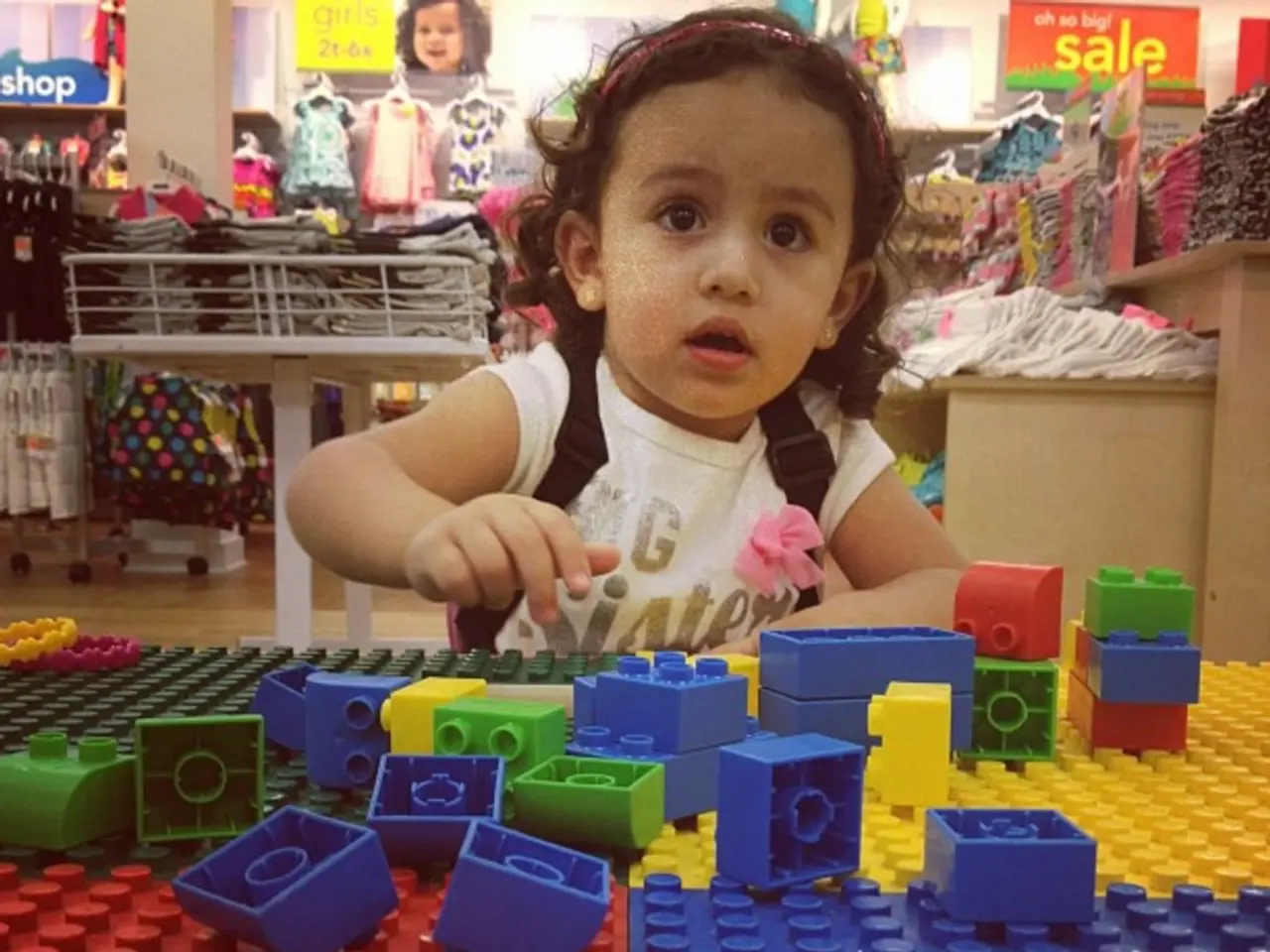Increase in Gambling Tax Proposed by Gordon Brown to Combat Growing Child Poverty
In the heart of the UK's social crisis, former Prime Minister Gordon Brown is urging the current government to reconsider the role of the gambling industry in addressing the nation's pressing needs. According to Brown, the profitable and undertaxed gambling sector should contribute more to meet the country's social needs, particularly in the fight against child poverty.
The Institute for Public Policy Research (IPPR) supports this stance, proposing an increase in taxes on online gambling companies. The IPPR's proposals aim to address the growing child poverty issue, which could affect 5 million children by 2029 if no changes are made. The IPPR estimates that the proposed tax increase could generate approximately £3.2 billion ($4.3 billion) annually.
The proposed tax rate is 50%, up from the current rates of 21% and 20%. The IPPR also suggests increasing taxes on physical slot machines to match the proposed 50% rate for online counterparts. The generated revenue could be used to eliminate the two-child benefit limit and the benefit cap, which currently affect over 1.6 million children in the UK.
However, the Betting and Gaming Council, a representative body for the gambling industry, disagrees with the proposed tax increases. A representative warns that such measures could put jobs at risk, lower government income over time, and push users towards illegal gambling markets.
Gordon Brown, citing the increasing numbers of children without basic needs, people on the streets, and the operation of over 2,800 food banks in the UK, believes now is the time for daring policy moves to address the social crisis. Activists and number-crunchers will closely watch whether politicians consider Brown's idea of tapping into the gambling industry to address one of the country's most pressing social problems.
The current UK government, led by Prime Minister Keir Starmer and Chancellor Rachel Reeves, is actively considering increasing taxes on online gambling companies as part of broader tax policy revisions expected in the November budget. While they have pledged not to raise income tax, national insurance, or VAT, a rise in gambling taxes is seen as likely to generate significant revenue.
However, the government officially states that the proposed Remote Betting and Gaming Duty (RBGD) aims to unify and simplify the tax system for online gambling rather than explicitly increase rates, inviting stakeholder consultation on the matter. This stance may suggest a cautious approach, with the government yet to commit to raising taxes specifically to reduce child poverty or lift child benefit caps.
In this complex debate, the future of gambling taxes in the UK remains uncertain, with strong advocacy on both sides. As the government prepares to roll out its plan to tackle child poverty this fall, the role of the gambling industry in addressing social needs will undoubtedly be a topic of intense discussion.
Read also:
- Tough choices on August 13, 2025 for those born under Aquarius? Consider the advantages and disadvantages to gain guidance
- Microbiome's Impact on Emotional States, Judgement, and Mental Health Conditions
- Restaurant staff allegedly requires Minnesota teenager to validate her gender for bathroom access.
- Inevitable Cancer Development Linked to Pfizer and Moderna COVID Vaccines Can Be Combated with Ivermectin




